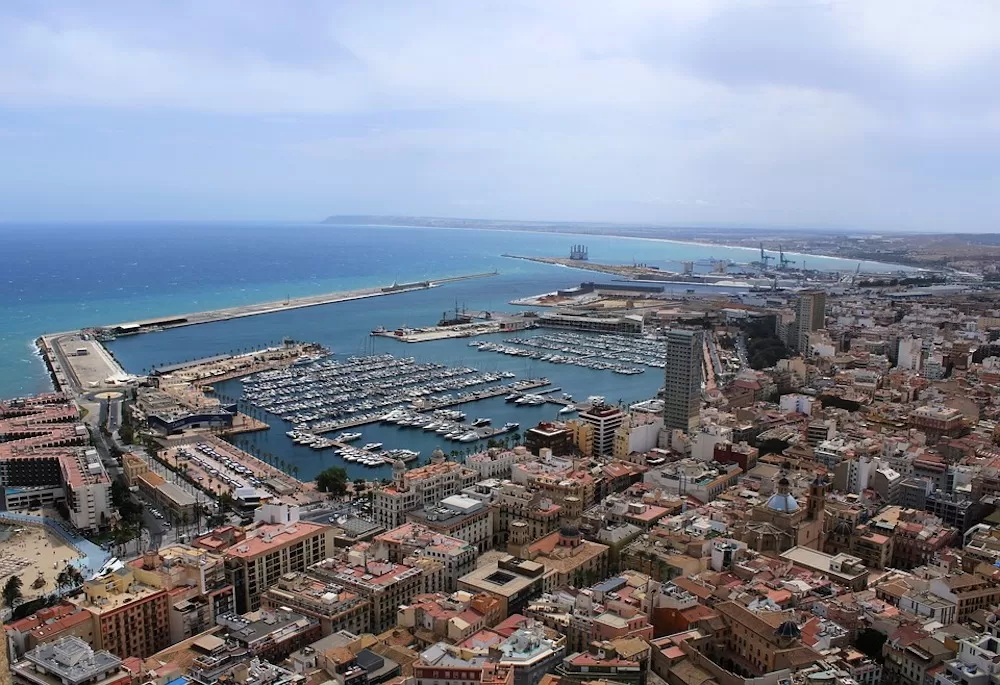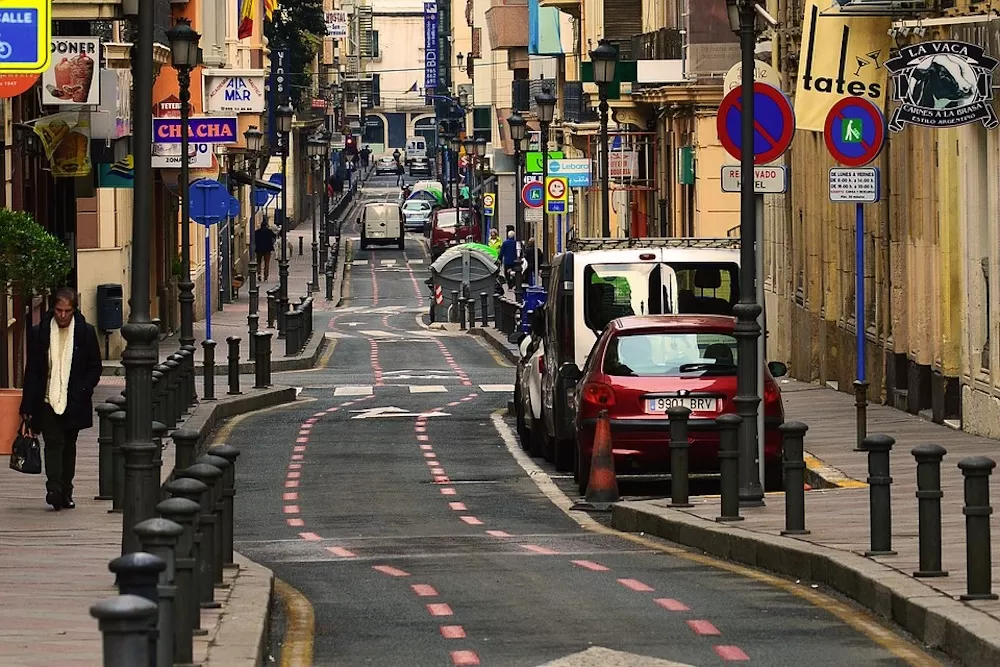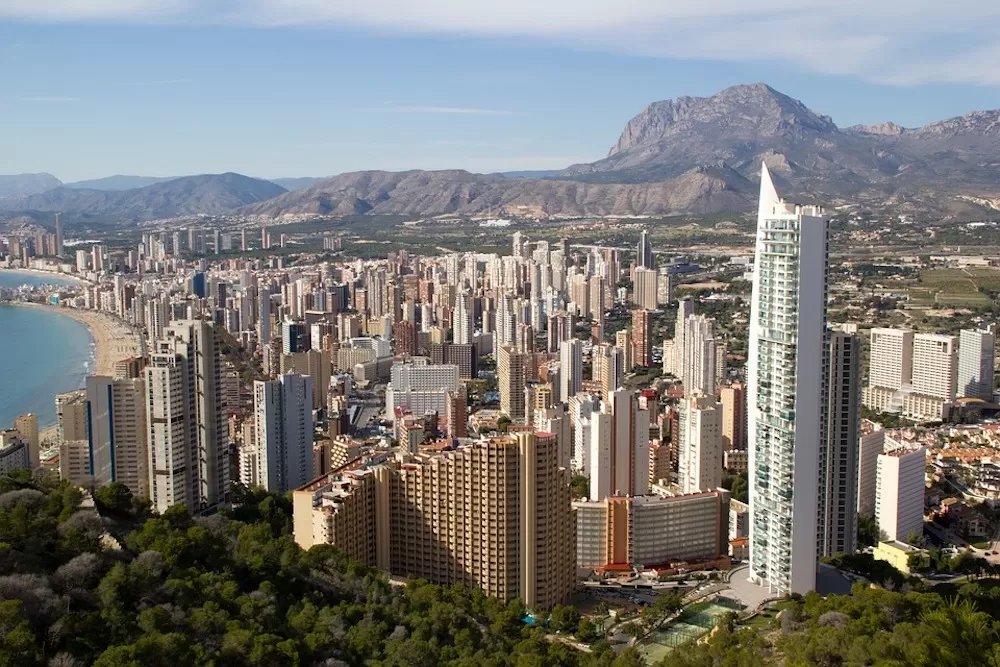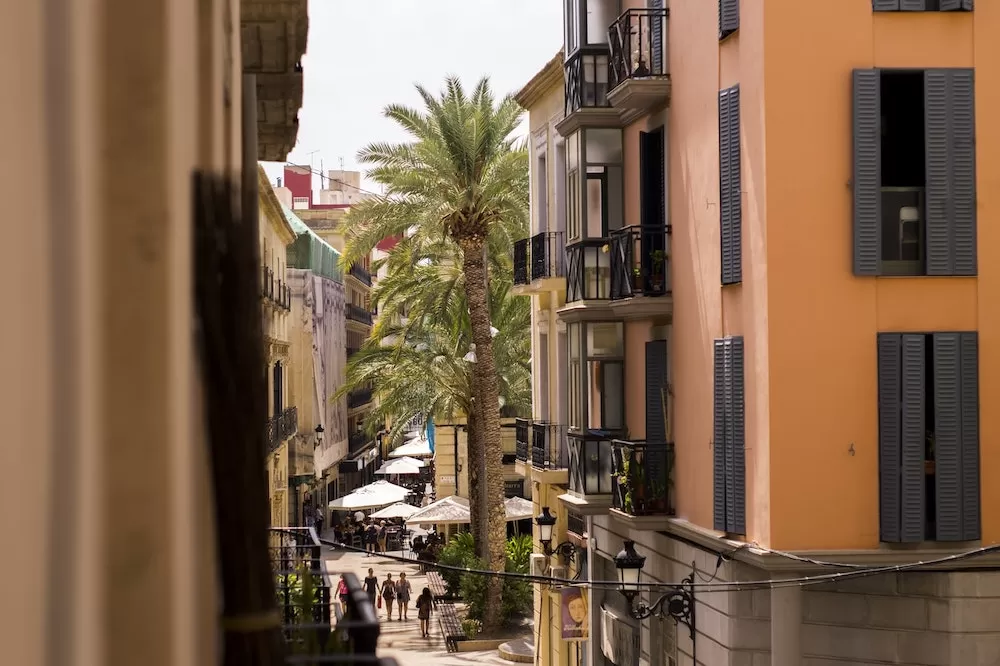The salty sea air, the calming waves, and soft sand against an urban city where the Mediterranean sun shines on. Though there are so many places like this, the coastal city of Alicante in Spain is definitely among the standouts. It's a very complete city, with schools, hospitals, museums, nightlife, and more. No wonder more and more people are relocating here! Who wouldn't want to move to a city by the sea? That'd be paradise! With that said, it's not necessarily easy to simply move your entire life here. You'll need this relocation guide to show you the ropes!
Overview
With only 373,000 residents to date, Alicante is one of the less populous cities in Spain. With that said, the city does remain to grow in popularity. More and more people are visiting the place, making it an emerging tourist destination in the country. Many attribute it to the hot climates where, even during winter, the city remains sunny and warm all throughout. Still, Alicante remains a very local city at heart. Though the international community here is growing Spanish still dominates as the main language here. You'd do well in enrolling in a
language school to learn to speak and understand it.
Source: Wikimedia Commons
Visa
You probably already know that you need a
Schengen Visa in order to gain entry to Spain and the rest of the EU. Especially if you're coming from a non-EU country. There's also the option of getting into the country via the
ETIAS Visa Waiver Program. If you're eligible, you can travel to Spain even when you don't have a Schengen Visa. But to stay here for more than 90 days (approximately three months), you'll need to apply for a
Tarjeta de Residencia (residence card). This will jumpstart your process of becoming a legal resident of Spain.
Source: Wikimedia Commons
Getting Around
When it comes to
public transport, Alicante offers a variety of options. There are trams that start in the central Plaza de Los Luceros and travel to most areas of the city. Buses with numerous routes and several stops and stations throughout Alicante. And, of course, taking a taxi is a wide choice as well. Whichever you go for, you can easily get a ride or board the right bus/tram if you get help from a
transportation app. Incidentally, such platforms can also help you rent a car, another common way to get around Alicante.
Source: Wikimedia Commons
Where to Live
Before anything else, you really ought to know which
neighborhoods in Alicante you want to settle down in. Don't think that because it's a Spanish coastal city, all areas have a similar vibe. You'd be surprised at how one part of the city is so different from the next. You have to take into account your specific lifestyle as well as those who you're relocating to Alicante with. El Centro, of course, is a smart choice as it is the heart of the city. This will be perfect if you're more into the urban lifestyle and want to be in the middle of all the hustle and bustle here.
Source: Wikimedia Commons
Real Estate
Luckily for you,
Alicante is actually one of the least expensive cities in Spain. Argubaly in all of Europe, even! This isn't to say it's cheap here or anything like that, but rather, compared to most other cities in the country and the rest of Europe, Alica is definitely among the most affordable. Just look at the common rental fees here! For as low as €350.00 a month, you can already get a good solo home. In fact, the average median price for rent in Alicante ranges from a minimum of €500.00 to a maximum of €900.00 a month. Not bad, right?
Source: Wikimedia Commons
Employment
Since Alicante is a coastal town in rural Spain, there aren't as many job opportunities here as there would be in cities like Madrid or Barcelona. Nevertheless. one can still
find a job here. After all,
Spain's job market appears to be relatively stable. Although the most recent unemployment rate as of early 2021 is 14.70%, one of the highest in Europe, more and more companies, businesses, and corporations are popping up all over the country. Since Alicante is slowly becoming a popular tourist destination, this sector would eventually grow big enough to employ a lot of people in the city.
Source: Wikimedia Commons
Education
If you're moving to Alicante with your own family, don't think that it'd be more of a hassle than if you're all by yourself. You're probably stressing out about how your kids can continue their studies here, right? Especially if you came from a non-Spanish-speaking country and your little ones don't know how to speak the language. How will they be able to go on with their schooling then? Enroll them in the many
international schools in the city.
King's College The British School of Alicante and the
European School of Alicante are just some of the top-notch institutions your kids can study in!
Source: Wikimedia Commons
Healthcare
You also don't have to worry about healthcare in Alicante too! Thanks to the fact that
Spain's healthcare operates on a universal system, the moment you become a legal resident of Alicante (or of Spain, in general), you automatically gain access to it. Of course, this also includes getting treated at
the finest hospitals in Alicante. There are a lot of them too!
Hospital Alicante may be the most famous and the central health institution in the country, but the likes of
Hospital General Universitario and the
Medimar clinic deserve some recognition too! Just make sure you go tone that corresponds to the type of coverage you have, either public or private healthcare!
Source: Wikimedia Commons
Safety
It's easy to think that because Alicante is a relatively unpopular and small minor city in Spain that it won't be all that good of a place to relocate to. Be that as it may, there are some benefits to living in such a place. One of the main ones is that, more often than not, underrated cities like Alicante tend to be safer.
Alicante's crime rates, for instance, are quite low. As of 2021, the city's general crime rate is at 24.64%, one of the lowest in Spain. And its rate of increasing crimes over the past few years? Only at a moderate 52.31%!
Source: Wikimedia Commons
Taxes
Since you're moving to Aliante, you're essentially becoming a legal resident of Spain. And when that happens, you'll have to adhere to
the country's tax system! Unless you also inherited something substantial here or you set up your own company, all you really have to pay attention to is your income tax. The rate you pay depends on how much you earn per year. It's similar to those in other countries, especially in the neighboring European territories. Also, pay attention to the VAT when you're purchasing goods and services too! This is one tax that everyone pays, whether they're locals or tourists.
Source: Wikimedia Commons
Relocation Tips
Finally, for some final relocation tips. The moment you get to Alicante, you have to
set up your own Spanish bank account first. Having a local one to store your money in will help you settle all your finances. Don't simply rely on money-storing platforms online and the like. Keeping your money in an actual local bank account is still the wider and safer option. At the same time, don't forget to
join a local mobile network too! You can get a great plan that will provide you with ample wifi data to help you stay connected with friends and family, both here and abroad!
Source: Wikimedia Commons
Alicante is a dreamy coastal city in Spain that's one of the country's best unkept hidden secrets! Before long, you'll find yourself wanting to move here! When you do, let this relation guide help you out to ensure nothing goes wrong for you along the way!











